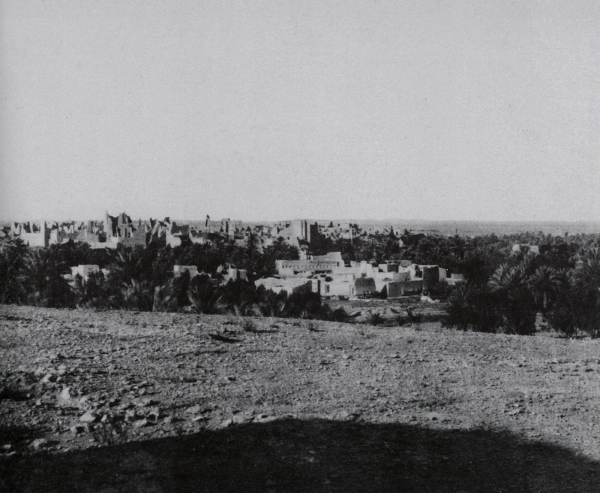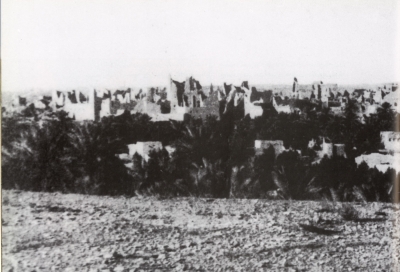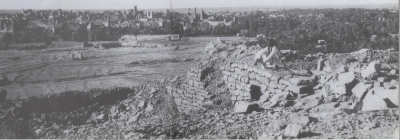

The Political System of the First Saudi State refers to the principles and laws promulgated and applied by the Imams of the First Saudi State, since its establishment, in terms of regulating, managing, and conducting the affairs of the state. The statute is considered the highest administrative regulation of the state as it is used as a basis for the overall regulation of the state. It covered the Imam, the highest authority within the state, the crown prince, the emirate, and the Shura system.
The Imam in the First Saudi State
During the era of the First Saudi State, the Imam was the state's highest authority. He was responsible for conducting its affairs. The person combining both political and religious authorities was known as the "Imam." He was responsible for ensuring the state's security and stability, two factors that were guaranteed during the reign of the Imams of the First Saudi State. As a result of such security, community members traveled the country, from its east to its west, without any fear. Moreover, owners of sheep left their livestock during spring in pastures without any shepherd guarding them. They would be left until spring ends or until they need them. As the state's area was vast, the Imam engaged tribes in establishing the state's safety and security, where each tribe was responsible for the security of the area where it resided. Tasks of the Imam also encompassed overseeing the state's financial, war, and educational affairs.
Crown prince in the First Saudi State
The crown prince was the Imam's deputy and advisor. In the First Saudi State, the title of crown prince was inherited by the son of the Imam. During the reign of Imam Abdulaziz Bin Mohammed, the title was pledged to his son, Saud, for several reasons, including his preparation to assume many tasks after his father, assist the latter in administering the state's affairs, maintaining the state's stability after the Imam's death, and leading armies on the Imam's behalf, where he would also rule on his behalf in his absence.
Emirate in the First Saudi State
The First Saudi State adopted a clear policy for appointing the governors of regions wherever the need arises for the creation of such position in the state's regions expanding across large areas. As such, the governor would represent the Imam in the region he governs. Requirements for his selection include being from the same region or area, as he would be knowledgeable of its conditions and situation, in addition to enjoying a social status within the region, ultimately making governing it easier. On the other hand, the rulers of the state would approve the princes governing Bedouins, namely since the title was inherited or granted as a result of generosity, braveness, and wiseness. The governor was tasked with applying the principles of Islamic Sharia upon the individuals he governed within his emirate, collecting Zakat, and preparing armies to take part in the state's wars. He was also tasked with confronting the enemies of the states in nearby areas, relaying the news to Diriyah, and receiving orders therefrom. Some governors were assigned with leading the state's armies, due to the distance between the regions they governed, the state's capital in particular, and Najd in general.
Shura system in the First Saudi State
The Imams of the First Saudi State were keen on applying the Shura system within the state. In this respect, they would seek the opinion of competent parties. Imams Mohammed Bin Saud and Abdulaziz Bin Mohammed consulted several religious scholars and opinion holders on affairs related to the state, religion, and finances. Upon the expansion of the state, the circle of Shura expanded as well. Imams would consult scholars, opinion-holders, princes, and tribe chiefs. During the reign of Imam Saud, the Shura system evolved, namely during wars. The Imam would form a consultative council consisting of governors of regions and areas and tribal chiefs and would consult them, seek their opinions, and build upon their expertise in terms of affairs related to war.
Related quizzes
Related articles

